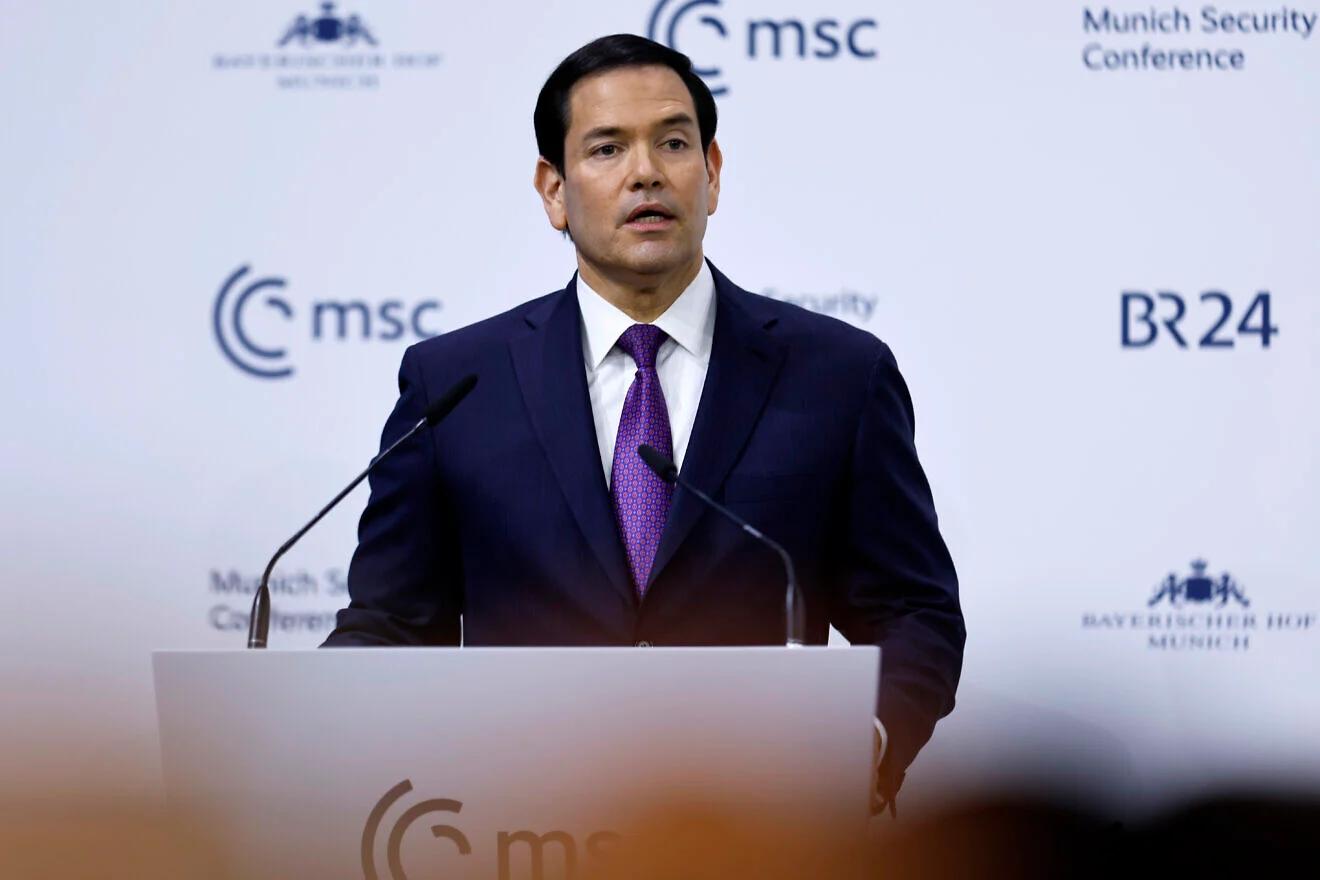Key Impact Points
- SEC climate rules push companies to act: With mandatory emissions disclosures looming, businesses are looking for practical solutions, including regenerative agriculture.
- Regenerative agriculture moves mainstream: Major companies like General Mills and Nestlé are leading the way, turning this practice from a fringe effort into a crucial sustainability strategy.
- Scope 3 emissions in focus: For CFOs in industries tied to agri-food systems, adopting regenerative practices could be key to reducing supply chain emissions.
Why CFOs Are Betting on Regenerative Agriculture
It’s no secret that 2024 is forcing CFOs to think about their company’s emissions. The reason? The SEC’s looming climate rule. Even before the Securities Exchange Commission adopted its final regulations, many companies had already committed to bold carbon reduction targets. But, according to Kristen Sullivan, Deloitte’s US sustainability and ESG services leader, much of that progress is still just talk.
In fact, a 2023 Net Zero Tracker report revealed that fewer than 5% of companies passed basic net-zero commitments based on the United Nations’s Race to Zero checklist. The lack of interim targets and comprehensive emission coverage is leaving businesses scrambling to find real solutions.
“People are now falling well short of their commitments, scratching their heads and thinking, ‘Oh my goodness, how do I do this?’” said Ewan Lamont, head of sustainability solutions at Indigo Agriculture. He stressed that sustainability has shifted from being a voluntary brand-building exercise to an absolute regulatory must-have.
Enter Regenerative Agriculture
One emerging solution is regenerative agriculture—a method that focuses on restoring soil health and reducing emissions. Kristen Sullivan highlights the increasing recognition of nature-based solutions, noting their prominence during COP 27 in 2022. “You can’t make meaningful progress around climate and climate action without a holistic consideration of the broader nature opportunity,” she said. And while regenerative farming isn’t new, interest has surged in the last two years.
Big names like General Mills, Nestlé, and Nespresso have already started investing in regenerative agriculture, recognizing the environmental benefits. Yet, as Lamont notes, “it’s still an early adopters’ game.” The good news? The market is rapidly shifting from fringe to mainstream as businesses realize the potential.
Change the World - Subscribe Now
Why CFOs Should Pay Attention
You may not be a farmer, but if your supply chain involves any part of the agri-food system, this is a Scope 3 emissions issue. For financial professionals, regenerative agriculture offers a strategic way to reduce supply chain emissions. Lamont points out that simple changes in crop cultivation can have a significant impact on emissions.
Take rice, for example—one of the world’s largest crops and a major contributor to methane emissions. According to a 2023 United Nations Food and Agriculture Organization report, rice farming alone accounts for 8% of man-made methane emissions.
The Bottom Line
For CFOs, analyzing the cost of not adopting regenerative agriculture is just as important as considering the benefits. As regulatory pressures mount, early investment in nature-based solutions like regenerative agriculture could be the key to aligning your company’s financial goals with sustainability objectives. The shift from fringe to mainstream isn’t just about the environment—it’s about long-term profitability and regulatory compliance.
Related Article: Revolutionizing Sustainable Agriculture with Advanced AI

 Follow SDG News on LinkedIn
Follow SDG News on LinkedIn











